Atlantic Division
Central Division
Southeast Division
Northwest Division
Pacific Division
Southwest Division
8 Men Out: When the White Sox Fixed the Baseball Championship in 1919

104 years ago Major League Baseball suffered one the darkest periods it has ever experienced. The year was 1919 and the World Series involved the champions of the American League, the Chicago White Sox taking on the National League champion Cincinnati Reds.
What ensued was the only known fixed baseball championship when members of the White Sox opted to throw the World Series in exchange for money. Eight players from Chicago were at the center point of the controversy and paid dearly for it.
The idea of purposely losing the World Series began with a meeting in a hotel room rented by White Sox player Chick Gandil inside the Ansonia Hotel in New York City. Gandil was able to convince some of his teammates to join him in the plan. One player, Buck Weaver did not come to Gandil’s room but later found out about the plan opted to stay quiet, and later was part of the ban of eight players for knowing and not telling.
Another bad decision came from Fred McMullin a backup player for the ChiSox who learned of the planned fix and was going to report the others if he didn’t get some of the cash being offered by Arnold Rothstein, a known gambler. He too would face the same fate as the other men that made up the “Eight Men Out” made popular by the movie with the same name.
Reportedly, then-White Sox owner Charles Comiskey did not have a good relationship with his players and they disliked him thus part of which prompted Gandil and his cohorts to decide to throw the series. The biggest star of the two teams involved was “Shoeless” Joe Jackson who vehemently denied being involved. He was not at the planning meeting and whether or not he purposely failed to make plays to throw a game has never been proven. Unfortunately, he suffered the consequences the other seven faced.
As it is difficult to keep anything secret, rumors flew that the fix was in and many sportswriters were comparing notes of the play on the field trying to determine if it was on the up and up. In the end, the players who were all in received $5,000 each and for some more than that. Gandil the kingpin behind the play made $35,000 which in this day and age would have been well over half a million dollars.
The following year pressure began to bear and Ed Cicotte succumbed to a grand jury investigation and admitted his guilt. White Sox owner bent to public displeasure and suspended seven of his players with Chick Gandil being left out because he was no longer in the majors.
On Oct 22, 1920, that grand jury put the eight men on trial. However, a jury was unable to convict any of the players on any of the charges. In 1921 Judge Kenesaw Mountain Landis was named baseball’s newest commission and one of his first acts was to ban all eight players who were on trial from playing in Major League Baseball for life. None of the eight have ever been reinstated although efforts were made especially on behalf of Shoeless Joe Jackson one of baseball’s best players in history.
So where were the eight banned players? Their names and a little history on each come next.
Arnold “Chick” Gandil
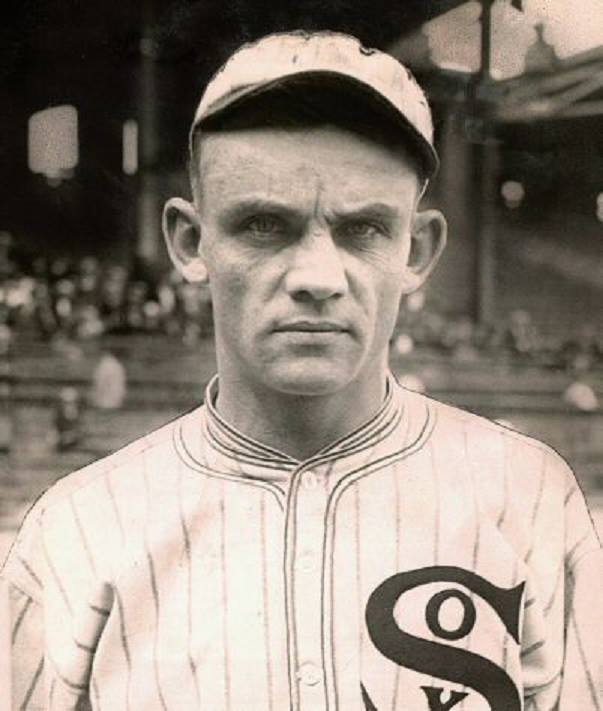
The ring leader in this plot would later admit his guilt and in an interview later in life said “I'm going to my grave with a clear conscience.” Following his ban from baseball played some semi-pro baseball and then became a plumber. He lived to be 82 passing in 1970 just three months before his wife’s death who he had been married to for 62 years.
Ed Cicotte
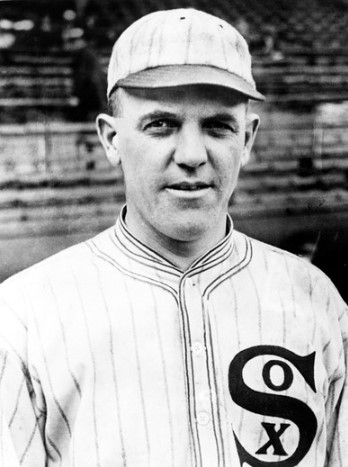
One of the greatest pitchers of his day, Cicotte had won 208 games losing 149 at the time of his ban. He also recorded 1,374 strikeouts. Like Gandil he had a long life dying at the age of 84. But unlike Gandil he stayed out of baseball after 1920 living out his life in Livonia, Michigan where he was the manager of a gas station and also spent time as a game warden and was employed by the Ford Motor Company before retiring in 1944. In the last years of his life, he became a strawberry farmer.
Oscar Emil “Happy” Felsch
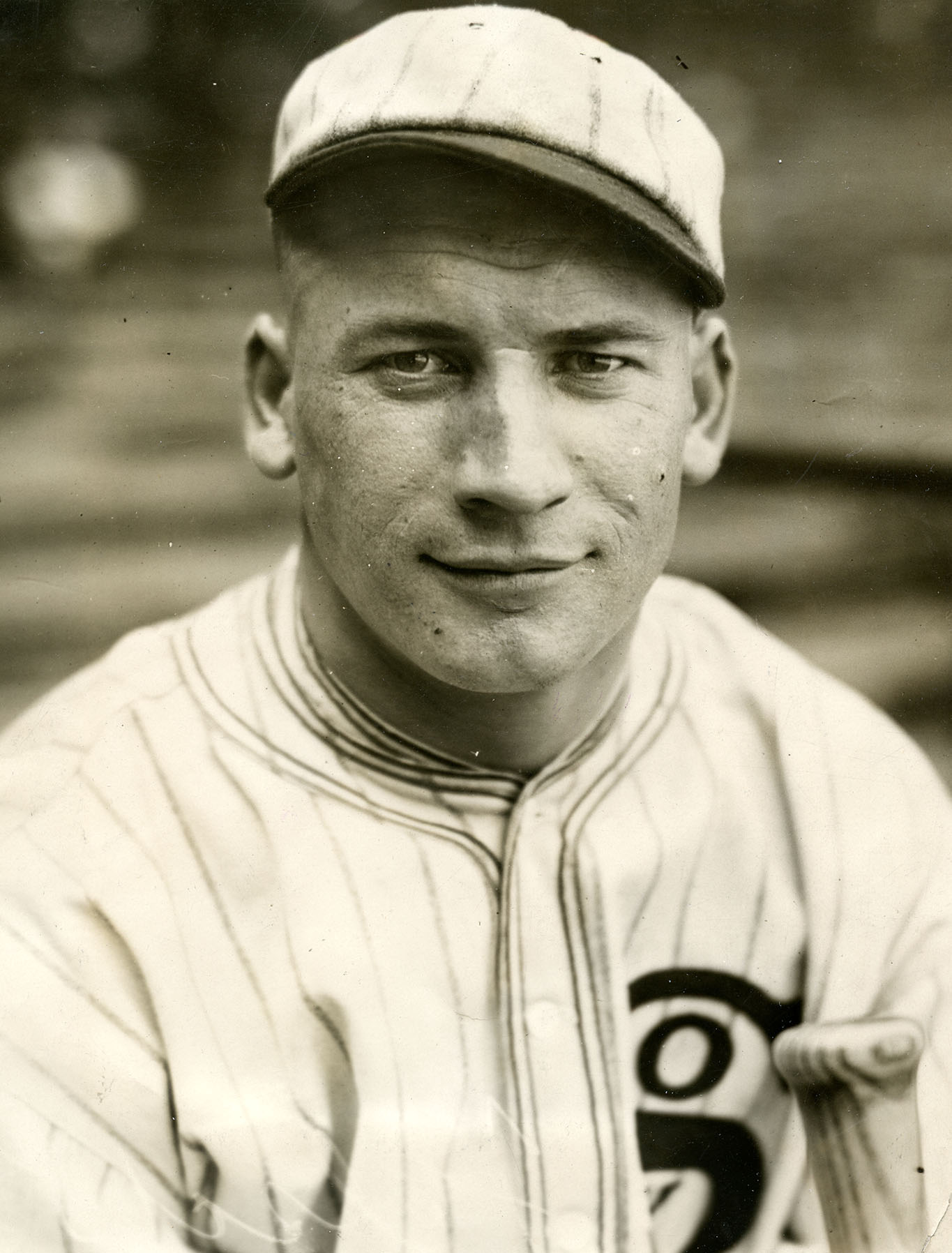
A lifetime .293 hitter, Felsch played just six years in the majors all with the White Sox. His career was extended beyond the majors following 2019 where he played with semi-pro teams until he called it quits and managed a grocery store and several bars. Due to liver disease, he passed away in 1964 aged 72 years old.
Joseph Jefferson Jackson
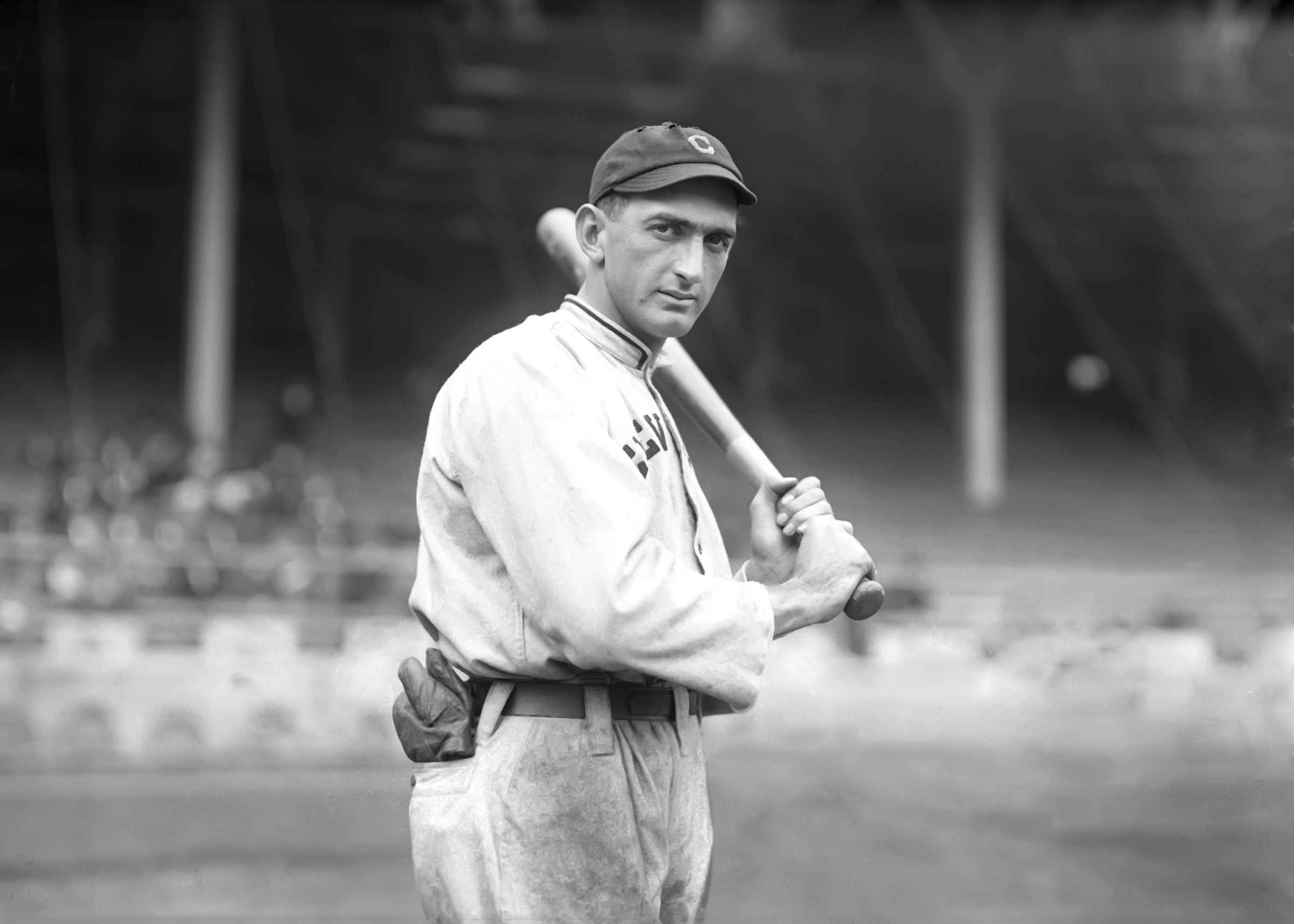
With his nickname of “Shoeless,” Jackson is far and above the greatest player among the eight banned athletes. Playing for three teams in his career, while banned from baseball, Jackson still had a rather lengthy career that began in 1908 and came to a halt with the scandal in 1920. For that period he had an outstanding batting average of .356. He is in the Cleveland Indians/Guardians Hall of Fame. Because of his ties to the Black Sox Scandal, the phrase “Say it Ain’t so Joe” was derived. His innocence in the throwing of the series has always been questioned and Jackson showed no signs of purposeful plays in that 1919 championship series. After the ban, Jackson would not go quietly. He would continue to play semi-pro and eventually with his wife Katie opened up a restaurant and Joe Jackson’s Liquor Store.” In 1951 Jackson suffered a fatal heart attack. Of the eight banned players, Shoeless Joe was the first to pass away.
Fred McMullin
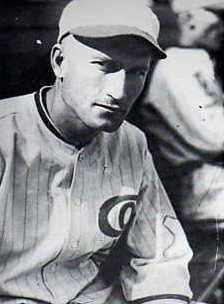
Call this guy a spy. He overheard the conversation about the fix and so he was brought on board but as a utility infielder who would not see much playing time the cheating group was said to make his role more of a scout on the plan. Of the eight men, McMullin may have been the quietest. Not once did he engage in any conversation regarding the 1919 series. After baseball he found himself working in jobs like carpentry, working in offices, time spent as a traffic manager, and as the Los Angeles County deputy marshal. McMullin took his knowledge of the Black Sox Scandal to his grave when he died in 1952 at the age of 61 from complications of a stroke.
Charles August “Swede” Risberg
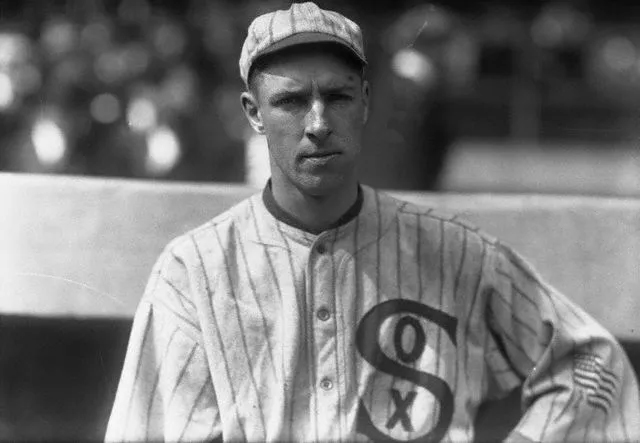
Risberg’s stay in the majors was not long-lived. Just four seasons all with the White Sox. A utility player that managed just a .243 average over those four years. Perhaps that is why he tried to cash in on the gambling money. He did pocket $15,000 from the gamblers, four times more than he made from his contract. For 10 years after the scandal he continued to play semi-pro. Outside of baseball he worked on a dairy farm and owned a bar and a lumber business. Tragically due to an early baseball injury to his leg which never properly healed, it had to be amputated. He however lived a long life passing on at the age of 81. His death came in 1975 and he was the last surviving member of the eight men out.
George “Buck” Weaver
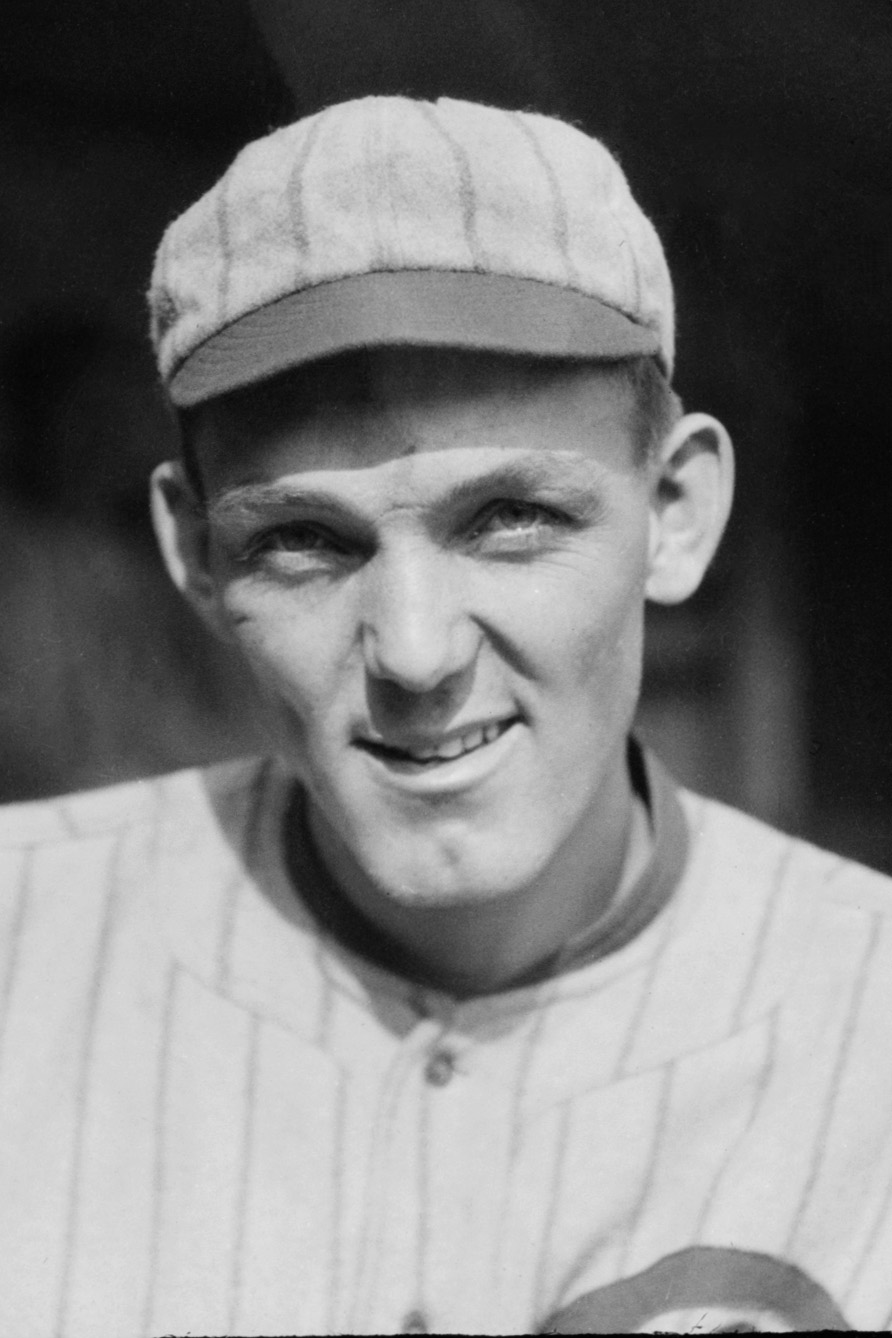
The term “rat” is well known when talking about someone aware of illegal activity and then turning that person or people in. Several players from the 1919 Chicago White Sox knew about the planned fix of the series but kept their mouths shut. Such was the case for Weaver. He got banned from baseball for life for knowing about the fix but saying nothing. Meanwhile, in the series against the Reds, Weaver hit .324 including 11 hits. He was an outstanding defensive third baseman and it is said that the great Ty Cobb would never bunt toward third base when playing against Weaver. When the bans were put in place Weaver requested reinstatement to the game trying six times and failing every time. On January 31, 1956, Buck Weaver suffered a fatal heart attack.
Claude “Lefty” Williams
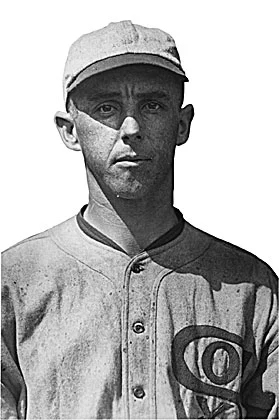
Williams suffered a double whammy with his involvement in the 1919 World Series. Not only was he thrown out of baseball for life, but he also lost three games to the Cincinnati Reds becoming the only pitcher to lose three games in a World Series that was eventually matched in 1981 by George Frazier of the New York Yankees. Williams’ ERA in the 1919 series was an awful 6.63. In the majors, he was a good pitcher compiling a record of 82-48 and a 3.13 ERA. Like some of the other banned players, Williams also played a lot of semi-pro ball after being thrown out of the major leagues. He eventually settled down and had his own garden nursery business before passing away in 1959 at the age of 66.
While the movie “Eight Men Out” tells the story of these eight players there was a ninth play also tossed out, that being Joe Gedeon who didn’t even play for either of the two teams involved. Gedeon was a second baseman for the St. Louis Browns and knowing of the fix placed bets on the series. Then the idiot went and reported Charles Comiskey owner of the White Sox about the fix hoping he would be monetarily rewarded for turning the guilty in. Gedeon would pass away young at the age of 47 in 1941.





